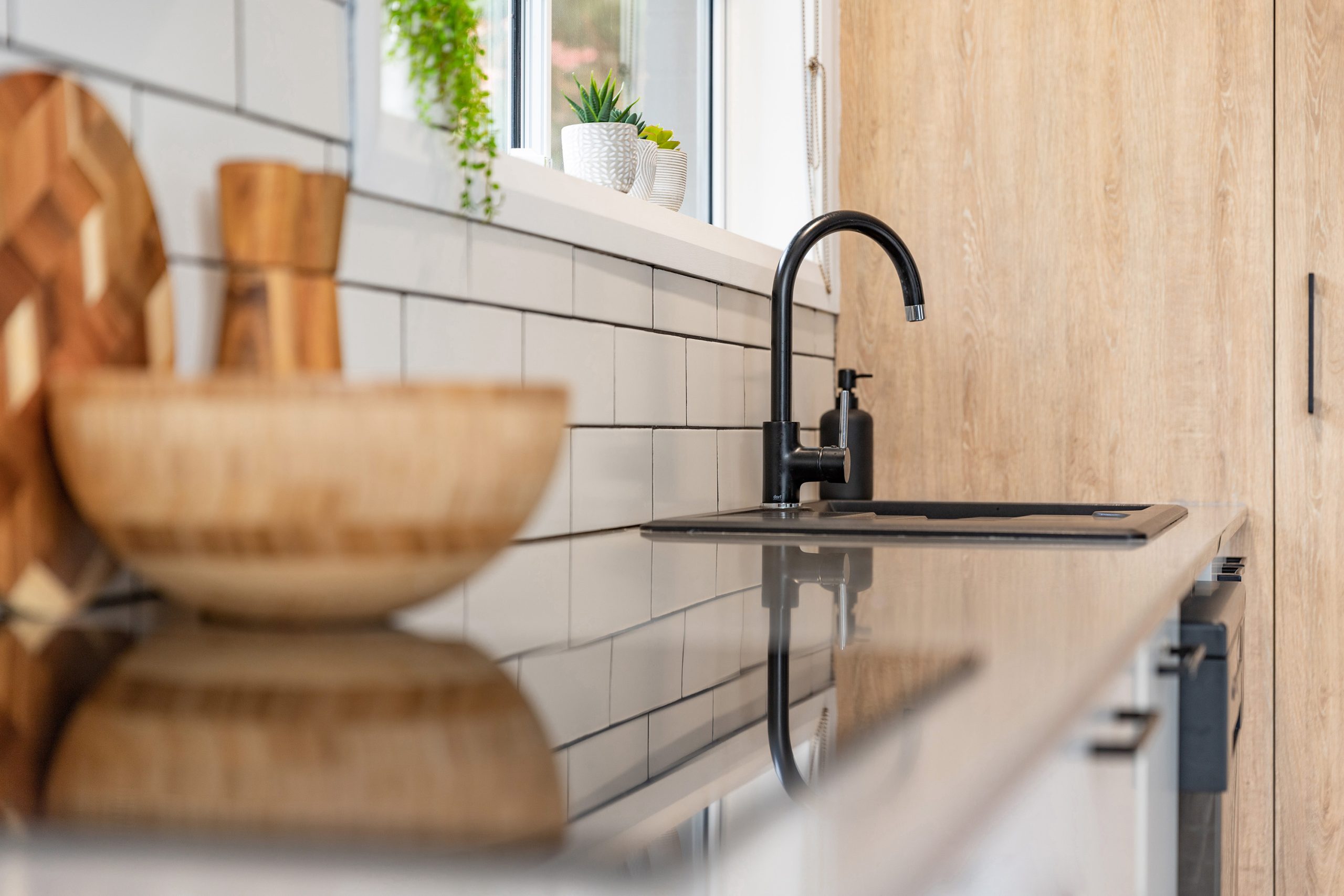In NSW, there are laws which state who pays for the utilities in a rented property. The tenancy agreement states who pays for the utilities, most of which are not included in the rent. Usually tenants pay for utilities if the property is separately metered.
Water
Water is different to other utilities as it is always connected, and the account for the water supply will be in the landlord’s name. Landlords pay all water supply service charges and all sewerage supply service charges.
In NSW, a landlord can only ask a tenant to pay water usage charges if:
- the property is separately metered (or water is delivered by vehicle ), and
2. the charges are not more than the amount the landlord is billed for by the water supplier, and
3. the property meets the ‘water efficiency’ standards.1
The landlord or agent can request payment from the tenant for water usage charges within 3 months of a bill being issued.
They will need to provide the tenant with a copy of the bill. The tenant must be given at least 21 days to pay the water usage amount owing. The water usage charges should be paid separately to rent. If a landlord receives the benefit of a rebate for water usage charges (or an amount the same as a rebate), then this must be passed on to the tenant.
Water meter readings are taken and noted on the start of each tenancy as the water billing periods are unlikely to align with tenancy agreements. Tenants can contact their local water provider if they think the water bill is too high. If tenants tamper or remove water efficiency measures, tenants will have to pay for water usage, and they may have to pay to replace them.
Electricity
The landlord must pay for the installation costs and charges for the initial connection so that electricity can be supplied to the property.
Tenants will pay for electricity if the property is separately metered. If the property is not separately metered, the landlord must pay for these charges.
Landlords must pay for repair, maintenance, or other work needed to install or replace an electricity meter in working order (including an advanced meter), if the meter is either:
- faulty
- needs to be replaced as testing indicates it may become faulty
- has reached the end of its life
This applies to all new tenancy agreements signed from 23 March 2020.
Bottled Gas
If bottled gas is provided, the landlord pays for installation costs and charges for the initial connection to the property. The landlord also pays for the supply or hire of gas bottles at the start of the tenancy.
During the tenancy, the tenant pays for the supply of bottled gas for the property. When it comes time to vacate the gas bottle should be left filled at the end of your tenancy.
- Further information on utilities & water efficiency measures see the Tenants Union Utilities Fact Sheet ↩︎
To take the stress out of utilities connections when you move speak to myconnect

